Aroha mai, Aroha atu
27 June 2021

Aroha mai, Aroha atu (Love given, love returned)
In Aotearoa New Zealand we are blessed to have the richness of the Māori culture weaved into our lives. At Treetops we are guided by our Early Childhood curriculum document - Te Whāriki, which highlights the importance of the partnership that has come from te Tiriti o Waitangi (the Treaty of Waitangi). Within this partnership, there is a need not just to preserve Māori culture, but to ensure that it thrives. At Treetops we believe that this starts with us in the early years, through the metaphorical establishing of roots - as is portrayed in our Treetops Philosophy. Te ao Māori (the Māori world) offers a different lens to look through and a different view on the way we look at our everyday experiences. The way we view these experiences may differ if we look through a “te ao Māori” lens, and provide us with alternative perspectives and opportunities.
Within our learning stories we often talk about ‘learning dispositions’, these are personality characteristics or traits. Within te ao Māori there are important learning dispositions that are valued, and these are dispositions that we strive to instil in all of our tamariki (children) - not just those who identify as Māori. One of these learning dispositions is aroha which is commonly known as meaning love, however, it encompasses much more - caring, kindness, compassion, empathy, and affection, and aroha is unconditional and infinite (Pere, 1997). Aroha is weaved throughout our Treetops Philosophy, from the very tips of the deepest roots to the very tips of the tallest leaves. Our environment, our kaiako (teachers), and our collective actions lead towards giving aroha. By acting in ways that demonstrate aroha our centres, our kaiako, our learners and our whānau can feel a greater sense of community and belonging. We believe that giving aroha creates more aroha.
"He aroha whakatō, he aroha puta mai - If kindness is sown, then kindness you shall receive."
At Treetops, we recognise that there are some people in our community who are less fortunate than others. We believe that it is important to give back to our community, to help those in need and to ‘pay it forward’. There are a number of events for which we raise funds. These include Red Nose Day for Cure Kids, Daffodil Day for Cancer Society, Jammies in June for Middlemore Foundation, Pink Shirt Day for Mental Health Foundation of New Zealand, and various Foodbank collections for local charities including Salvation Army. This koha (gift or donation) that we give to others helps us to give aroha and feel aroha - and we hope that those who receive this aroha will give this to others, creating a cycle of positive impact on those in our community.
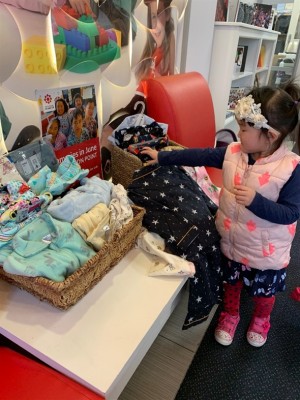
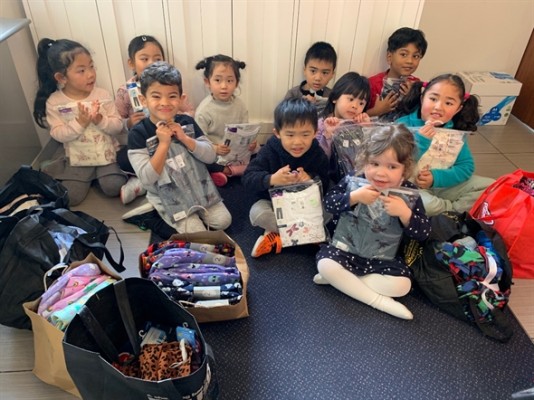
Giving back to our community is one way that we can work towards making our world a better place and giving aroha to those around us. In our daily lives at Treetops, aroha is at the centre of our routines and rituals. Our kaiako have a passion for teaching, loving, guiding and learning from and alongside our tamariki. They recognise that while your child is at our centre, their kaiako are the most important resource. Our kaiako strive to create an environment that feels like home, by creating an environment that is visually appealing, comfortable and accessible for all. Within this environment, our kaiako recognise and reflect each child’s culture and languages in a variety of ways, including in the displays on our walls, singing songs, reading books, and talking with tamariki using their language. The most important thing that our kaiako do is give their time and attention to tamariki, slowing down and taking time to respect, appreciate and love each child for who they are, their strengths and all of the wonderful things that they can do.
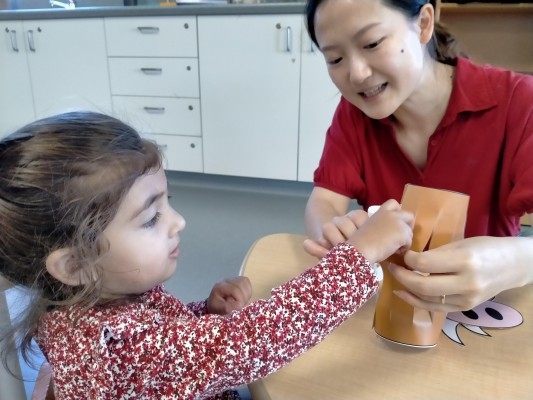
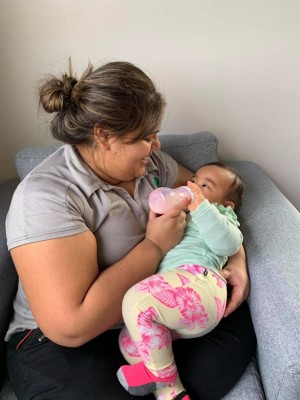
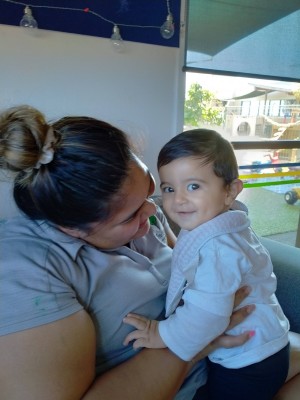
We believe that it’s not enough to just give to others and teach with aroha; we need to foster this disposition in our tamariki and encourage them to give aroha. Through role modelling aroha and showing aroha to every child, our kaiako guide tamariki to adopt in this practice of aroha. Our kaiako recognise that each child has the ability to give aroha and have this reciprocated, and they work in ways that encourage tamariki to give aroha.
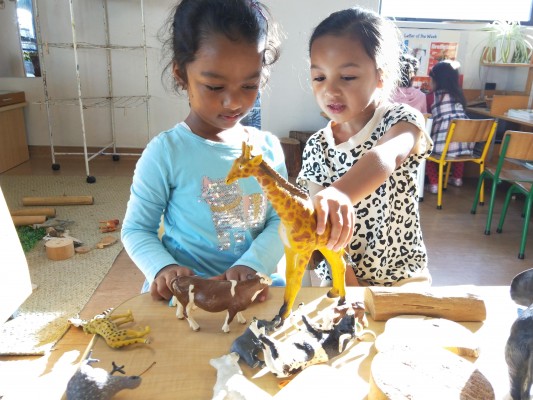
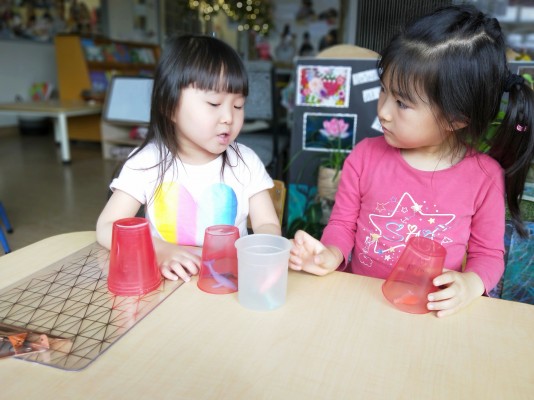
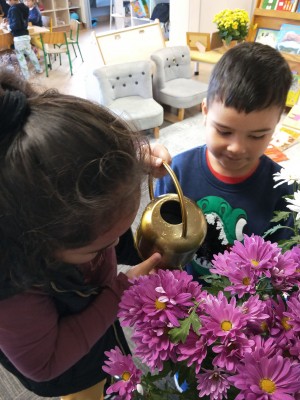
References:
Pere, R. T. (1997). Te wheke: a celebration of infinite wisdom. Ao Ako Global Learning New Zealand.